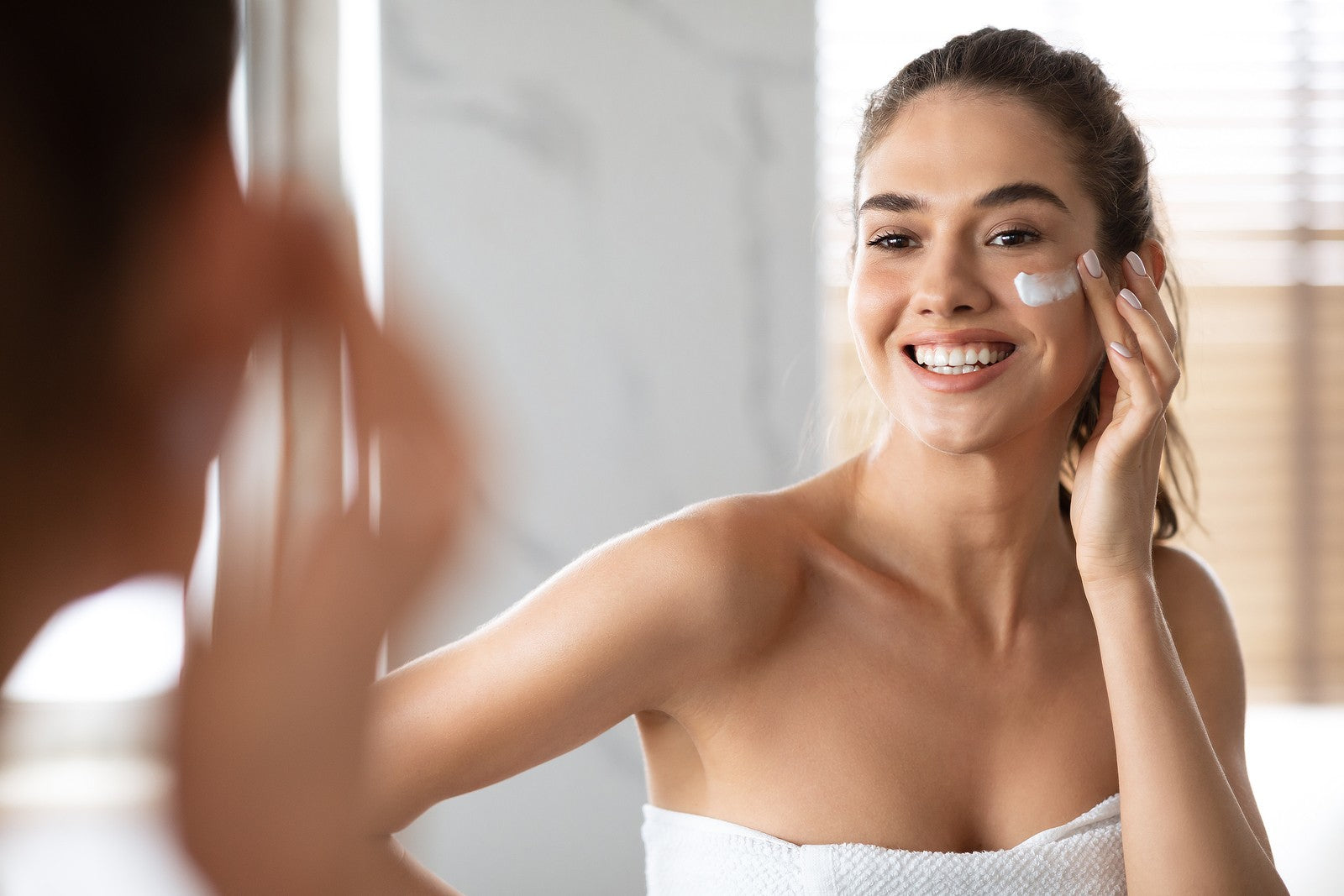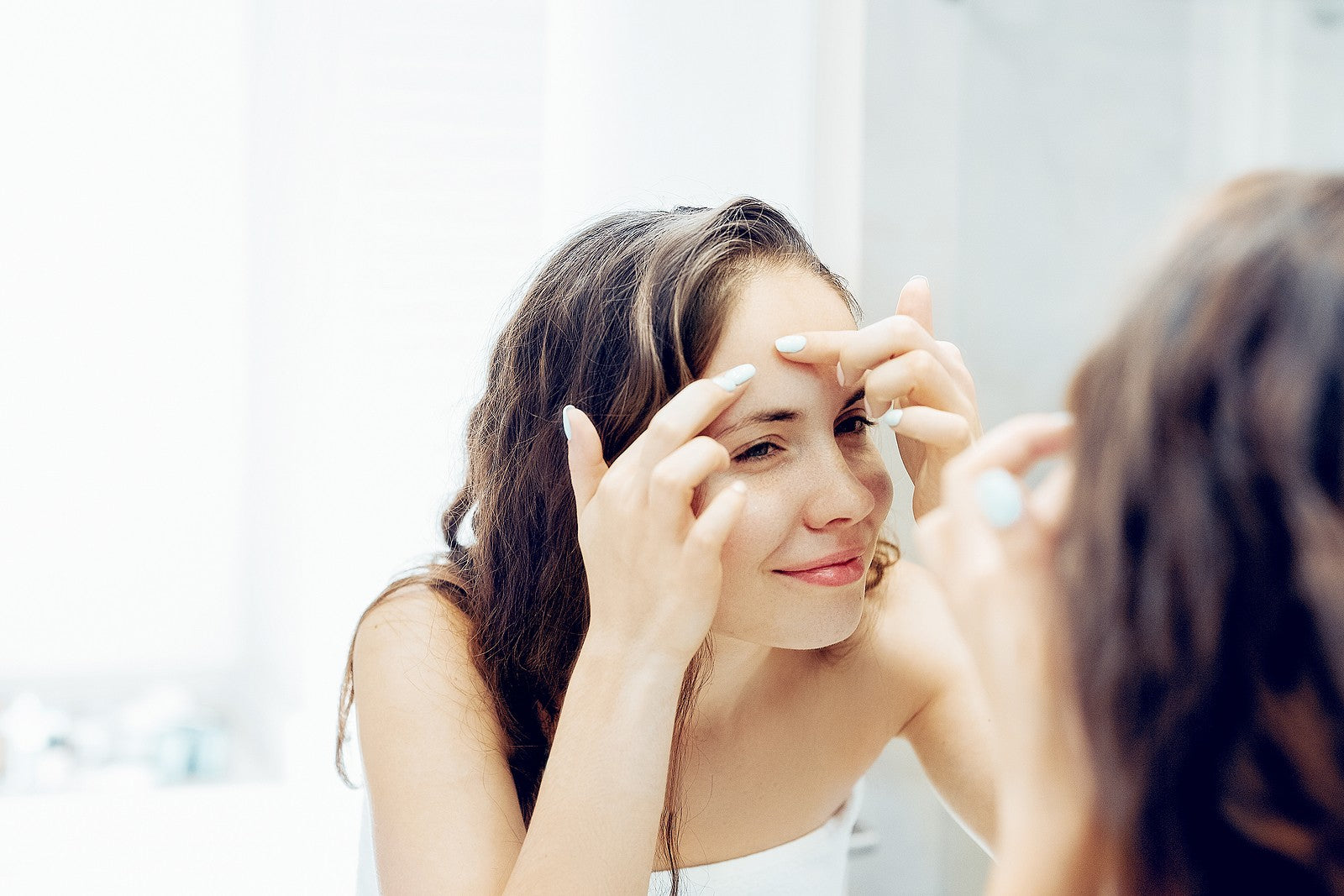
How to Improve Your Skin’s Microbiome
By addressing troubled skin from both inside and out, your skin will improve all the faster!
What is a skin microbiome?
Your skin's microbiome is an ecosystem of bacteria, fungi, viruses, and other microorganisms. It's a complex ecosystem that begins at birth. Like a fingerprint, your microbiome is constantly changing, and your skin's health depends on the type of organisms that live on it. The environment, your diet, skin products, and activities you participate in shaping the type of bacteria and fungi that live on your face. It's vital to improve your skin microbiome it is an important factor for your skin's health. Improving your skin's microbiome is a key element to beautiful skin. If you're experiencing acne, you should avoid putting antibacterial soap on your face and choose the right cleansers that can help you maintain a healthy microbiome. This way, you will improve your skin's pH level, improve your skin's condition, and contribute to its smoothness. The ingredients in natural-based cosmetics are a good way to promote a healthy gut.
What disrupts your skin’s microbiome?
Using products that contain preservatives can damage your skin's microbiome. You should choose products with natural fibers over synthetic ones. Using microbiome-boosting skincare can provide you with a clearer complexion and a healthier microbiome.
How to improve your skin’s microbiome
Did you know that changing your diet is an effective way to improve your skin microbiome as well? You can also consider consuming probiotics and fiber to help restore the natural balance of beneficial bacteria in your gut, letting your digestive system run at peak efficiency. Probiotics are also linked to reduced inflammation. It’s the good bacteria in your skin. While probiotics are a good thing, the bad bacteria in your body can be harmful. Adding a prebiotic or probiotic to your face is a great way to protect it from damaging microbial agents like our No. 4 Flawless Water Creme. You will be surprised to learn how beneficial these organisms are to your skin and health.
Apart from your diet, you should exercise regularly and drink plenty of water. You must not forget that your microbiome is directly related to your skin's barrier function. You should avoid eating junk food that contains artificial ingredients, and no essential nutrients along with foods that contain high levels of caffeine and sugar. This will help your skin to be more resistant to acne.
Try Averr Aglow’s microbiome-friendly skincare products
Opt for natural-based, vegan, and wholesome skin products that work with your body, not against it. Look for skincare that prioritizes nutrients and antioxidant-rich botanicals, like every single product in the Averr Aglow line. Our ingredients are carefully blended to nourish your complexion without disrupting its natural balance.





